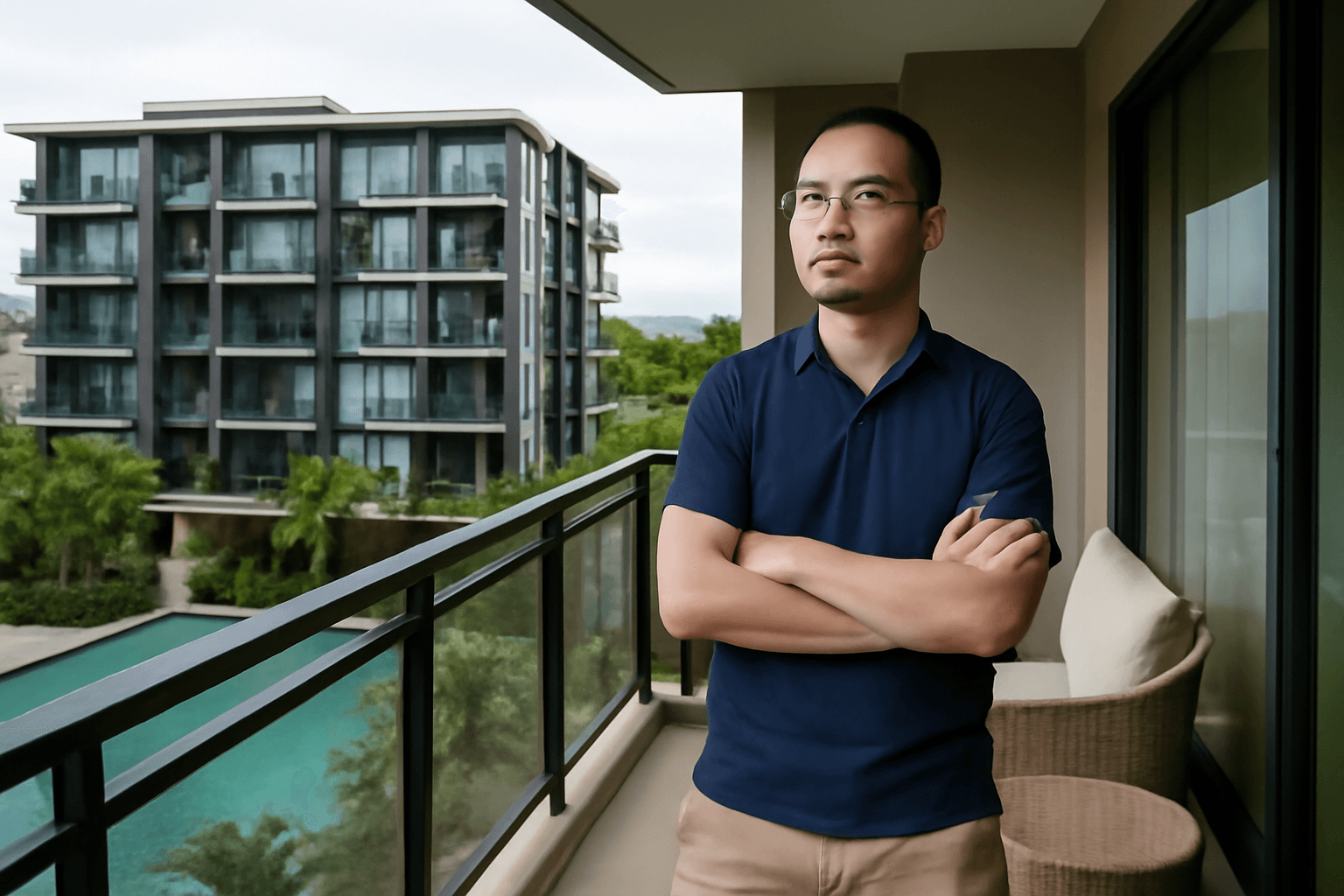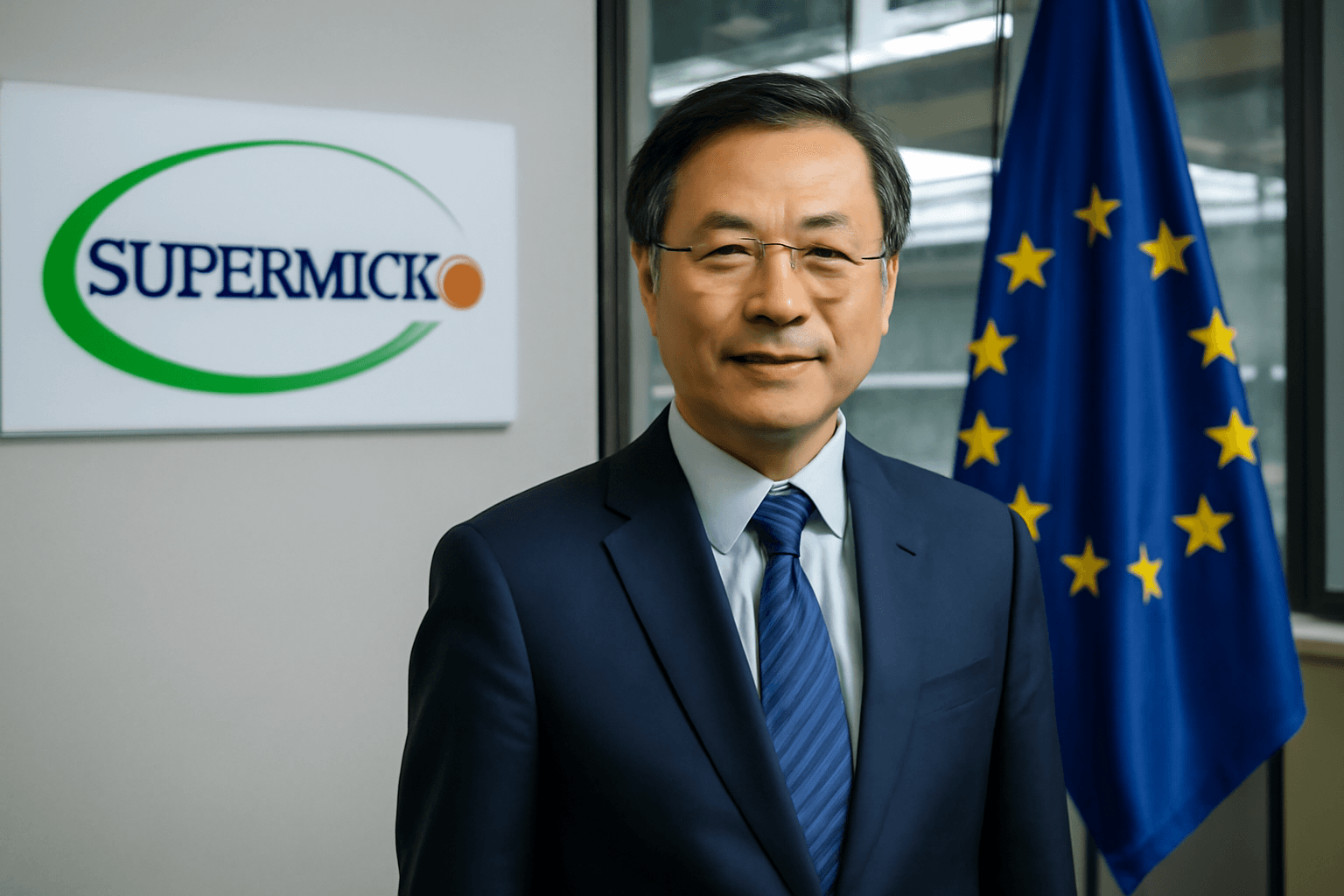From Corporate Layoff to a Dream Life in Thailand
When Shao Chun Chen was unexpectedly laid off from his coveted position at Google earlier in 2024, it forced a pause that many might dread but few embrace. For Chen, 39, this sudden career disruption became a catalyst for radical life redesign — one that took him far from the high-pressure hustle of Singapore to the tranquil streets of Chiang Mai, Thailand.
Rethinking Priorities after a Major Career Setback
"When the layoff happened, I was reflecting, feeling sorry for myself," Chen candidly shares. "But then I flipped the script: How can I turn this into a positive opportunity?" With a Thai native as his wife and prior visits to the country, Chen had a familiarity and fondness for Thailand’s diverse environments — from vibrant cities to serene mountains and beaches.
Thailand's transparent visa policies and welcoming stance toward foreigners only sweetened the appeal. This openness resonated deeply with Chen as he sought not just a new workplace but a lifestyle transformation.
Affordable Luxury Living in Chiang Mai
The couple settled into a 600-square-foot luxury condo in Chiang Mai that costs just 15,000 Thai baht (approximately $460) per month. This fully furnished one-bedroom sanctuary also includes a gym, pilates studio, multiple pools, a water slide, and co-working spaces, embedding wellness and productivity into everyday living.
In stark contrast, Chen's previous 500-square-foot condo in Singapore came with a hefty price tag of around $2,500 monthly rent. Opting for month-to-month payments in Chiang Mai, he notes that longer lease commitments could further lower costs.
Reinventing Work: From Corporate to Coaching and Content Creation
Post-layoff, Chen transitioned from the corporate grind to entrepreneurship, leveraging his expertise to develop educational YouTube content and personalized coaching sessions. With his coaching rates reaching $500 an hour for select clients, Chen illustrates how skills honed in tech can translate to diverse revenue streams.
He also briefly taught as an adjunct lecturer at the National University of Singapore, commuting weekly between Thailand and Singapore. For now, he is taking a hiatus from academic duties to focus on his personal ventures.
Embracing a 'Zero Stress' Lifestyle and Financial Independence
Chen highlights that life in Thailand operates at an unhurried pace starkly different from Singapore’s breakneck busyness. His previous 12 to 14-hour workdays, laden with pressure, were often alleviated by costly therapies, spa trips, and weekend indulgences.
"The funny part is, things like massages and spa visits are much more affordable here, but I simply don’t crave them anymore," Chen explains. His mental space, now less cluttered, allows him to savor simple pleasures like reading a book or enjoying a leisurely coffee — luxuries overlooked in his earlier hustle-driven existence.
His modest expenses and sustainable lifestyle contribute to ongoing savings despite lower work hours.
Broader Implications: The Appeal of Southeast Asia for Remote Workers
Chen’s story underscores a growing trend: skilled professionals seeking quality of life over traditional career definitions. Southeast Asian cities, with their affordable living costs and growing infrastructure for remote work, are increasingly attractive alternatives.
However, this migration raises important questions about:
- How local economies integrate and benefit from digital nomads and expatriates.
- Potential socio-cultural impacts on host communities.
- Long-term sustainability of this lifestyle amid geopolitical and visa policy shifts.
Chen remains open to returning to Singapore if the right opportunity arises, but for now, he embraces present living, embodying a shift from relentless efficiency toward mindful fulfillment.
Editor’s Note
Shao Chun Chen’s journey from a high-stakes tech career to a serene and affordable lifestyle in Chiang Mai offers insights into the evolving nature of work, life balance, and financial independence. His experience invites us to think about how success might be redefined beyond salary figures and titles — focusing instead on well-being and purposeful living. As remote work grows and global mobility increases, stories like Chen’s provide a fresh lens on how individuals can reclaim control over their time and environment, prompting policymakers and employers alike to rethink support systems for a new generation of professionals.



















